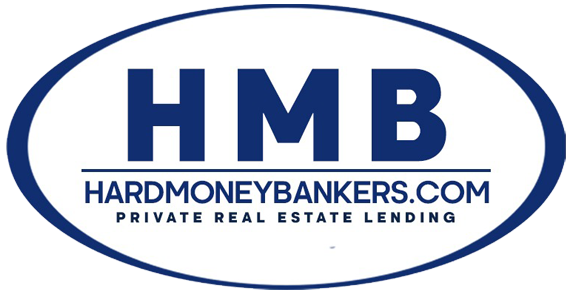Ian Walsh, VP of our Philadelphia office, wrote an article that appeared in Scotsman Guide, which is the leading resource for mortgage originators, on January 1, 2017. Read the article below, and see the original publication here. His first article was featured September 2, 2016.
__________________________________
Hard Money Opens Doors to New Clients
Finding local private lenders can help you serve the needs of property investors
By Ian Walsh, vice president, Hard Money Bankers
Hard Money is an interesting style of lending that many residential mortgage originators may not be familiar with completely. Some may even associate it with tough predatory loans that can get your legs broken if you don’t pay them back. In reality, hard money lenders are often used in construction and commercial real estate and are professional and easy to deal with.
In this day and age of strict lending guidelines, residential mortgage originators should become familiar with how hard money lending works. Not only can hard money loans sometimes be used as a rescue remedy for residential loans that fall through the cracks because of income-verification issues or low credit scores, it also can be tapped for single-family home construction and investment opportunities.
Best of all, because hard money lending is most often used for short-term “bridge loans,” originators can refer the hard money loan on the front end and then close another longer-term loan for the resale or refinance on the back end.
Lending locally
If you want to begin working with investors, or want another option available for clients with special lending needs, you first need to find a good hard money lender to work with. One of the best places to start looking is in your own backyard. This business is very much based on numbers, but there are serious benefits to having someone local finance your clients’ projects.
Having a lender you can meet face to face, instead of working with one across the country, is important when things hit a snag. You also want to develop a relationship with your lender because local lenders can get a lot more creative in their underwriting.
If your client hits a construction budget issue, for example, it will be easier to figure out a solution with a local hard money lender because they operate more like a mom-and-pop shop rather than a national lender. Most of the time local lenders also can close more quickly and with less red tape.
There are some downsides to using a local lender. One disadvantage, for example, is that they can run tight on funding at times. National lenders normally have institutional backing, so often have a lot more funding. The upsides to using a local lender, however, normally outweigh the drawbacks, compared to going with a national lender.
Finding a local lender should be fairly easy if you are already active in the investment scene. Many of them sponsor local networking events, which offer a great platform for you to introduce yourself. If you are new to single-family investing, find a local chapter of the Real Estate Investors Association or simply go online and search your local area’s real estate investor clubs.
Funding questions
One important question to ask hard money lenders when you meet with them is: “How are you funded?” Most people think money is money, so it doesn’t matter, but it is extremely important to know if you are dealing with a direct lender that has privately raised money.
A lender that is not privately funded most likely is using institutional, or bank, funding. This is a fancy way of saying they have “a lot of money that is very hard to get to.” Institutional funding will normally be subject to underwriting that is similar to a regular bank. Each file will be audited carefully, which means the loan will not close as quickly as it would through a privately funded lender.
Most fix-and-flippers go to hard money lenders because they don’t want to be underwritten by a bank, so it is important to know if you are dealing with a hard money lender with bank funds or one with private funds. This information could possibly be the difference between your lender pulling out on you and your client the day before closing or everything sailing through smoothly.
As an originator, you never want to be in the position of explaining to a borrower that you can’t close because of a snag in the financing. Your client will be mad at you, not at the lender. To avoid this, be sure to have a strong privately funded lender in every territory where you originate loans.
If your real estate investor clients are interested in construction as well, you will want to ask your hard money lenders if they do construction loans. Also ask how easily their draws are disbursed during construction.
Many investors focus on the rates of hard money, which can range from 10 percent to 20 percent per year. If an investor is paying 1 percent per month on a loan, but can’t get construction draws until three to four weeks after each submission, that investor is carrying the money for an extra month. If that same investor pays for a slightly more expensive loan, say 1.1 percent per month, but the draws are disbursed the same week they are ordered, it is actually cheaper to take the slightly higher rate because the carrying costs are less.
This is important for originators who want to deliver good end products to their clients so they keep coming back. All originators understand that when you hand clients off to lenders that are impossible to deal with, your borrowers won’t trust your vetting process and will go elsewhere the next time they need a loan.
• • •
Hard money is a great tool for any originator’s tool kit. Eventually, all serious investors look into hard money as an option for funding their projects, and mortgage originators who want to capture part of this market, need to know who they are dealing with and where the money comes from. When developing a relationship with a strong local lender to strengthen your business, look for reasonably priced money that can adapt and work with you to find creative ways to finance your clients’ real estate deals.


